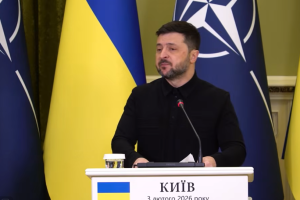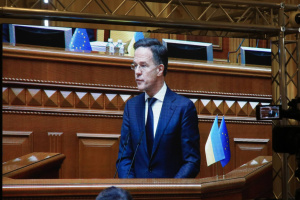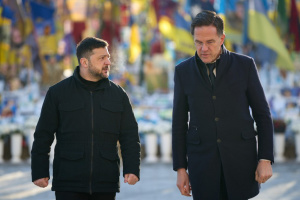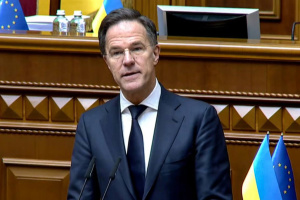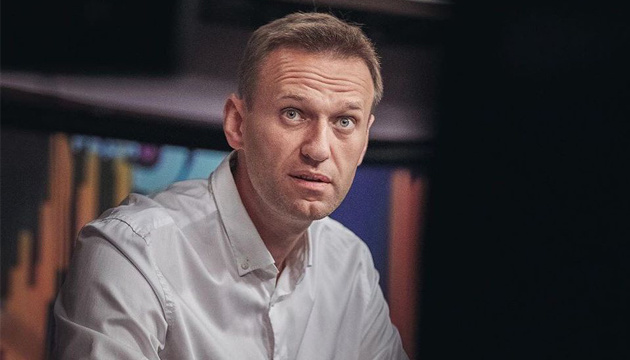
Explaining complex things in simple words: Navalny’s death
Navalny’s death
The Federal Penitentiary Service of the Russian Federation announced that on February 16, the Russian opposition politician Alexey Navalny died in correctional colony No. 3 in the town of Kharp in the Yamalo-Nenets area, where he was serving a sentence by a Russian court.
The death of Alexey Navalny in a Russian colony is a political murder. The Kremlin will not allow an independent investigation into the circumstances of the opposition politician's death, and there is no reason to trust any"official version."
The regime already tried to kill Navalny: in 2020, the Russian special services poisoned the politician with the "Novichok" nerve agent, similarly to what happened with the Skripal family in British Salisbury.
This is not the first public execution of a person who posed or could potentially pose a threat to Putin's political monopoly. In 2015, opposition leader Boris Nemtsov was shot dead near the Kremlin. His murderers turned out to be servicemen of the Kadyrov division of the Russian Guard.
In 2006, agents of the special services of the Russian Federation poisoned ex-FSB officer Alexander Litvinenko with polonium in London. The same year, opposition journalist Anna Politkovska was killed in Moscow. Andrey Lugovoy, one of the perpetrators of Lytvynenko's murder, later became a member of the State Duma. Yevgeny Prigozhin, the founder of the Wagner PMC, died under mysterious circumstances a month after an unsuccessful attempt at an armed rebellion.
Navalny is not the only Russian opposition figure who ended up in prison on fabricated charges. Vladimir Kara-Murza, Ilya Yashin, Liliya Chanysheva, Vadim Ostanin, Daniel Kholodny and others are serving long sentences. Their lives are also in danger.
Demonstrative massacres of opposition are a show of Putin's intolerance of any kind of competition. This also evidences that the power in Russia cannot change in a democratic way.
Putin's regime is demonstrating its own inability to negotiate and its desire to physically destroy opponents, despite the international community urging him otherwise.
Putin's regime is a danger both to its own citizens and to the world order.
The only way to neutralize this danger is to fight off Russian aggression and ensure Ukraine's victory in the war. The Ukrainian military demonstrates the ability to effectively handle this task. Therefore, increasing military aid and comprehensive support to Ukraine will save many human lives, not only in Ukraine or Russia.
Navalny's murder is a defiant challenge to the West, which was concerned about the fate of the political prisoner. On June 16, 2021, US President Joe Biden warned that if Navalny were to die in prison, the consequences would be devastating for Russia.
Center for Strategic Communication and Information Security

